PESHAWAR: Public sector hospitals continue to receive more patients and generate more revenue through Sehat Card Plus (SCP) programme as part of government’s plan to benefit them from the cashless treatment initiative.
Since March 2024 when the programme resumed full-scale services, government hospitals have received 71 per cent of the total patients admitted on SCP until July. Public sector health facilities received 259,049 patients of the total 362,884, who sought free treatment services during this period. The number of people, who got treatment at private hospitals on SCP, remained 103,835 or 29 per cent of the total patients, according to documents.
Not only government hospitals surpassed private ones in terms of patients’ inflow but they also collected more amount than the latter, for the first time since the launch of the programme in 2016. During the course of the last five months, SCP spent a total of Rs9.604 billion on free treatment of patients. The lion’s share of the said amount went to public sector hospitals, which earned 65pc of it, while the revenue generated by private hospitals through the programme stood at Rs3.358 billion or 35pc.
Since the beginning, SCP faced scathing criticism from stakeholders, who argued that the programme benefitted private sector it earned 73pc or Rs4.016 billion compared to 27pc or Rs1.459 billion of the total Rs5.474 billion incurred on free treatment of people from November 2020 to June 2021, according to sources.
259,049 of 362,884 patients visited public sector health facilities since March this year
Next year from July 2021 to June 2022, public sector hospitals earned 33pc or Rs6.568 billion though the programme against 67pc or Rs13.411 billion earned by private hospitals. A total amount of Rs19.979 billion was spent on the scheme during that period, according to official documents, which revealed that the income of public hospital went up to 42pc compared to 58pc of private hospitals from July 2022 to June 2023.
As per official statistics, the income of public hospitals from SCP was recorded at Rs14.125 billion and that of private ones at Rs19.490 billion of the overall expenditures of Rs33.115 billion. The income of state-owned hospitals recorded uptick in the period from July 2013 to June 2024 as they received 56pc of the amount compared to 44pc by private hospitals. The former earned Rs10.466 billion though SCP against Rs8.177 billion by private health facilities of the total Rs18.644 billion spent by government on the programme.
Sources familiar with the programme said that government wanted to benefit public hospitals through the cashless healthcare initiative to enable them to strengthen their services. Earlier, there were host of issues at government hospitals owing to which patients did not receive proper care there and they preferred to visit private hospitals where they received prompt treatment. The health department, they said, streamlined affairs at public hospitals owing to which patients’ flow on SCP increased.
They said that the main issue was about the share of staff in the income generated through SCP owing to which doctors, nurses and paramedics did not show much interest in the programme. However, later a formula was put in place due to which public hospitals started getting more patients, they added.
“Secondly, the government has limited seven procedures to public hospitals and restrained private hospitals from conducting the same, which benefitted the former,” said sources. These procedures include caesarean delivery, tonsillectomy, cholecystectomy, appendectomy, cataract, angiography, septoplasty and submucosal resection (SMR).
They said that some of the private hospitals exploited patients and misused the seven procedures. They said investigations carried out by the department showed that many private hospitals subjected patients to surgeries unnecessarily due to which they were stopped from conducting the procedures. “Now all the patients visit public sector hospitals for these procedures,” they added.
Published in Dawn, August 12th, 2024



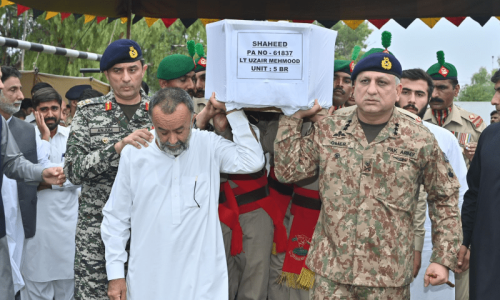

































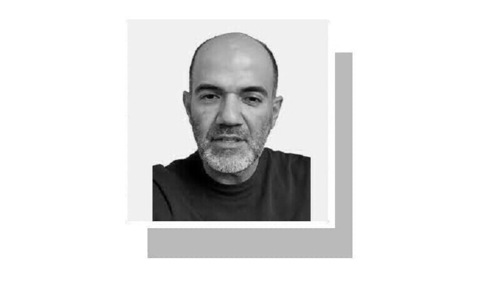


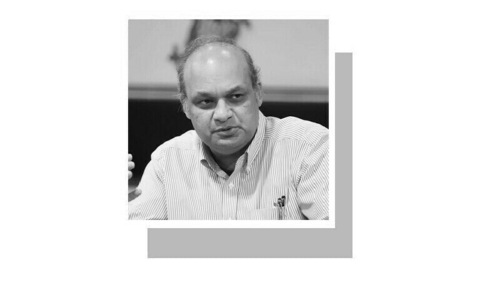
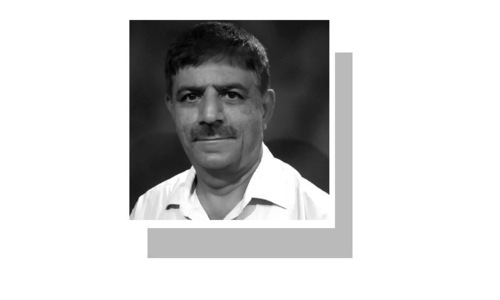


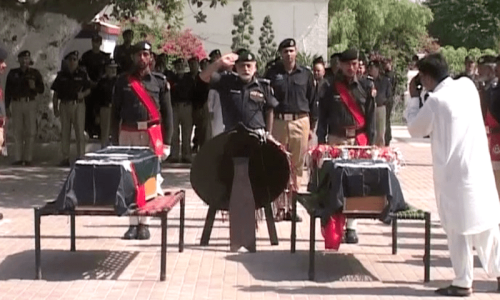

Dear visitor, the comments section is undergoing an overhaul and will return soon.